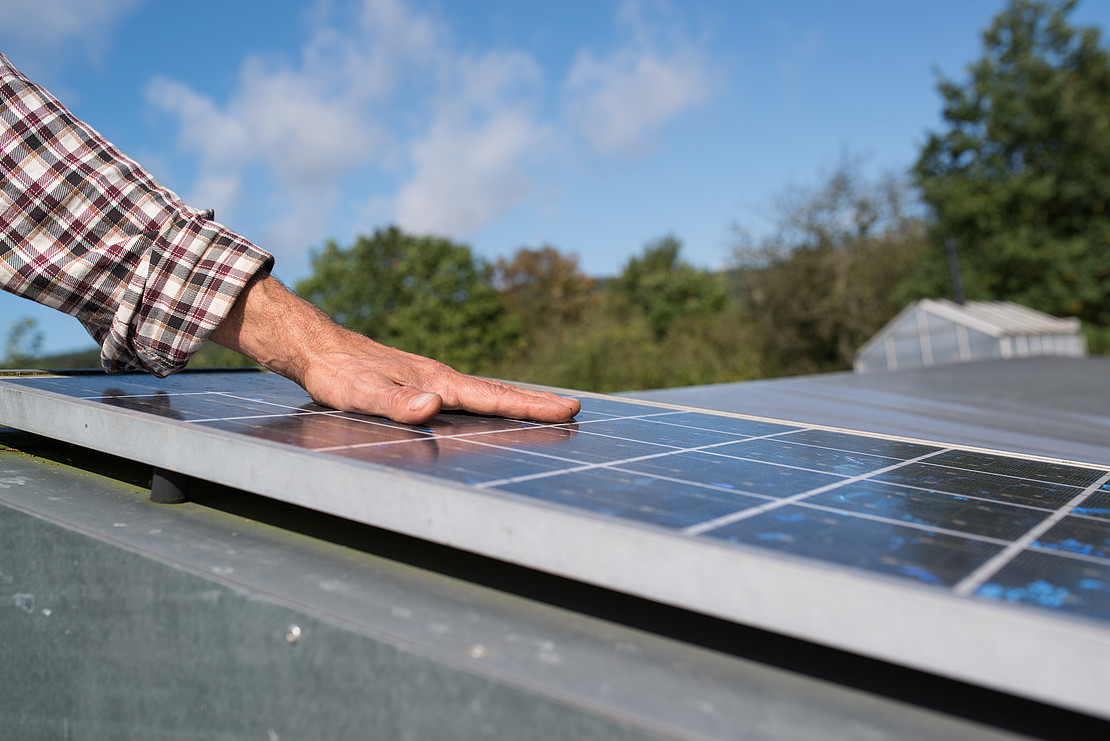This page contains automatically translated content.
Study: CO2 offsetting by small and medium-sized enterprises still low
 Image: Blafield
Image: BlafieldOne result: only around 25% of the companies surveyed offset any part of their ownCO2 emissions at all. "We see the reasons for this in the lack of knowledge about how these offsetting payments work. About two-thirds of the companies surveyed said they had little or no knowledge aboutCO2 offsetting," explains Prof. Dr. Andreas Ziegler, head of the Empirical Economic Research department at the University of Kassel, as one of the study's authors.
The potential, on the other hand, is great. Only about 30% of the companies that do not offset CO2emissions reject compensation payments in principle, even in the future. Companies that have already compensated generally plan to continue doing so.
CO2 offsetting does not displace other forms of environmental protection
Another important finding is that CO2offsetting does not displace other forms of environmental protection. On the contrary, companies that already provide such offsets also do more to protect the environment and climate in other areas. "CO2offsets are therefore in no way a matter of selling indulgences to justify additional environmental burdens," Ziegler emphasizes. "Rather, as in previous studies at the household level, it shows that these offsetting payments effectively contribute to climate protection."
For the study, a total of 577 companies were surveyed that meet the criteria for small and medium-sized enterprises in the European Union and accordingly have fewer than 250 employees and sales of between two and 50 million euros. The study was conducted by the University of Kassel and supported by the Alliance for Development and Climate (previously assigned to the German Society for International Cooperation). Dr. Olivia Henke, Executive Director of the Allianz for Development and Climate Foundation, into which the initiative was transferred, underlines the relevance of the study: "For the first time, we have been able to obtain scientific evidence as to why it is so important to raise awareness in this area. Voluntary, high-qualitycarbon offsets are an important lever for climate protection. The difficult negotiations in Glasgow just show that private engagement for sustainable transformation in emerging and developing countries is a crucial factor to achieve global climate and development goals."
About the Alliance for Development and Climate Foundation: www.allianz-entwicklung-klima.de
Contact:
Prof. Dr. Andreas Ziegler
University of Kassel
Institute of Economics
Department of Empirical Economic Research
Tel.: 0561 804-3038
E-mail: andreas.ziegler[at]uni-kassel[dot]de
Sebastian Mense
University of Kassel
Communication, Press and Public Relations
Tel: 0561 804-1961
E-Mail: Presse[at]Uni-Kassel[dot]de